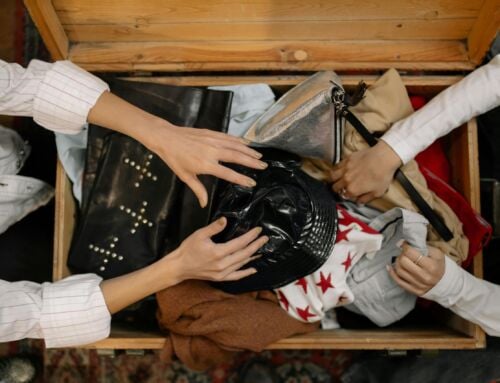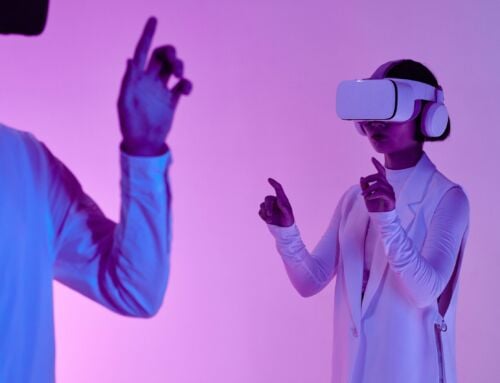The rise and proliferation of new technologies has spread to the fashion and luxury sectors. Fashion Tech is the alliance of fashion and technology. Today, we're talking about a veritable business of innovation in fashion. From the Chanel fashion show with robots, to the 3D prints of Iris Van Herpen's creations, to the connected garments resulting from the collaboration between H&M and Google, technology in fashion is no longer a mere gadget; it offers real challenges for the sector, to the point of upsetting our consumer habits.
Fashion Tech: the great upheaval in the fashion and luxury industry.
Fashion and luxury are based on traditional know-how, perpetuated for years by the same great names in fashion. In recent years, however, fashion tech has added its own twist to these ancestral practices.
Today's textile industry can no longer afford to ignore innovation. Fashion and technology come together to create new experiences, each more surprising and fruitful than the last.
All areas of the fashion and luxury sector are involved: design, manufacturing, distribution, logistics, marketing, sales...
Digital natives: Fashion Tech's prime target group
Fashion Tech has a direct impact on the younger generations, those who have evolved with the all-digital world. On the lookout for the latest trends and technological innovations, they are particularly sensitive to Fashion Tech.
Like Lil Miquela, an entirely virtual Instagram influencer. Designated using 3D technology, Miquela now has 1.5 million followers on Instagram.
Extremely popular with the younger generation, she now works with brands, and even gets sponsored, like a true influencer.
Social networks, and Instagram in particular, have seized on the Fashion Tech phenomenon and understood that it could be an extremely effective tool for building loyalty among new customers.
Witness the new tools introduced by Instagram, to be able to see a model's price directly on a photo and buy a product directly thanks to redirection.
Fashion tech also means useful fashion
One of the major trends to emerge in recent years in the fashion and luxury industries is the customer experience. The aim is to make the shopping experience much more immersive and interactive.
Fashion Tech engineers started from the observation that the usefulness of clothing or accessories was at the heart of customer demands. As a result, products that make life easier are marketed by major fashion brands.
Among them, shoes that lace themselves, marketed by Nike. Or a wallet that recharges your smartphone.
Fashion Tech also enables customers to personalize their clothes. Like the partnership between H&M and Google, which offers a range of connected garments. By collecting data on your tastes and needs, H&M can create fully personalized garments.
If you want to work in the fashion industry in the field of innovation, ISAL Paris offers you a comprehensive, professional training program, to learn about new professions in the fashion and luxury sector.




